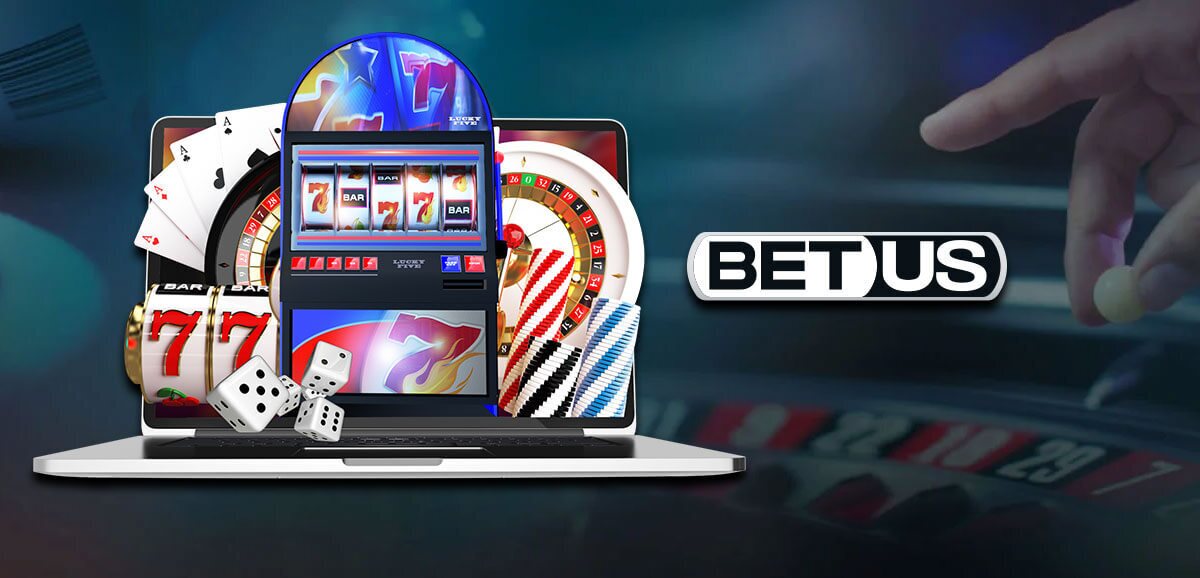The Philippine Amusement and Gaming Corporation (PAGCOR) plays a pivotal role in regulating and overseeing the gaming industry in the Philippines. As both a government agency and an operator of gaming establishments, PAGCOR’s licensing framework can seem labyrinthine—complex and overwhelming for newcomers and existing operators alike. Whether you are looking to start a new gaming venture or seek to understand the regulations governing your current operations, understanding PAGCOR’s licensing maze is essential.
1. Understanding PAGCOR’s Dual Role
PAGCOR wears two hats: it acts as both a regulatory body and an operator of casinos and gaming facilities. Established in 1977, PAGCOR’s mandate includes:
- Regulatory Oversight: Ensuring that all gaming activities within the country are conducted fairly and ethically.
- Revenue Generation: Contributing significantly to the national coffers through taxes and various gaming-related revenues, which aid in funding infrastructure, education, and social programs.
The dual role of PAGCOR necessitates a comprehensive licensing process to maintain jurisdictional integrity while promoting a vibrant gaming sector.
2. Types of Licenses
PAGCOR issues several types of licenses depending on the nature of the gaming operation. The main categories include:
- Casino Licenses: Required for those looking to operate land-based or online casinos. This includes both physical establishments and digital gaming platforms.
- E-Gaming Licenses: For the operation of online gaming sites that provide players with internet gaming options.
- Bingo Licenses: For operators wishing to offer bingo games, either through traditional ways or online.
- Sports Betting Licenses: For establishments looking to offer sports betting services, whether online or in a physical location.
Each license type comes with its own set of criteria, application processes, and regulatory requirements.
3. The Licensing Process
Step 1: Pre-Application Research
Understanding the specifics of the type of license you need is the first step. Engage in thorough research, including a review of PAGCOR guidelines, existing gaming laws, and market competition.
Step 2: Application Submission
Applicants must submit a comprehensive application package to PAGCOR, which usually includes the following:
- Executive summary of the business plan
- Financial statements
- Proof of funding and financial stability
- Detailed information on operational procedures and compliance measures
- Background checks of key personnel involved in the operation
Step 3: Due Diligence and Evaluation
PAGCOR conducts a rigorous evaluation of the application, which includes a due diligence process. This may involve:
- Background checks on shareholders, management, and key employees.
- Financial audits to confirm the applicant’s ability to uphold operational costs and regulatory fees.
- Checks for compliance with local and international gaming standards.
Step 4: Issuance and Compliance
Once approved, PAGCOR issues the gaming license. However, obtaining the license is only the beginning; licensees must continuously comply with PAGCOR’s regulations and reporting requirements to maintain their license. Regular audits, tax payments, and operational reviews ensure that compliance is upheld.
4. Challenges Within the Licensing Maze
While the licensing process aims for thoroughness and transparency, applicants often face challenges:
- Complexity: The multi-layered regulatory framework can be complicated, especially for those unfamiliar with local legal systems.
- Time Delays: The evaluation process may take longer than anticipated, delaying the launch of the gaming operation.
- Regulatory Changes: Frequent changes in laws and regulations necessitate adaptability and continuous updates from operators.
5. How to Ensure Success
To navigate the PAGCOR licensing maze successfully, aspiring and existing operators should consider the following strategies:
- Consult with Legal Experts: Engage legal professionals who specialize in gaming law to navigate regulatory frameworks effectively.
- Stay Informed: Regularly follow updates from PAGCOR and other relevant government bodies concerning changes in regulations, fees, and compliance standards.
- Network: Building relationships within the industry can provide valuable insights and tips on best practices and potential pitfalls.
Conclusion
Navigating the PAGCOR licensing maze is no small feat but understanding its intricacies can lead to a thriving gaming operation. As the gaming landscape evolves, staying informed and compliant with PAGCOR’s regulations not only safeguards the legitimacy of operations but also contributes to a sustainable gaming environment in the Philippines. Whether you are a seasoned operator or a newcomer to the industry, arming yourself with knowledge is key to successfully maneuvering through this maze.




